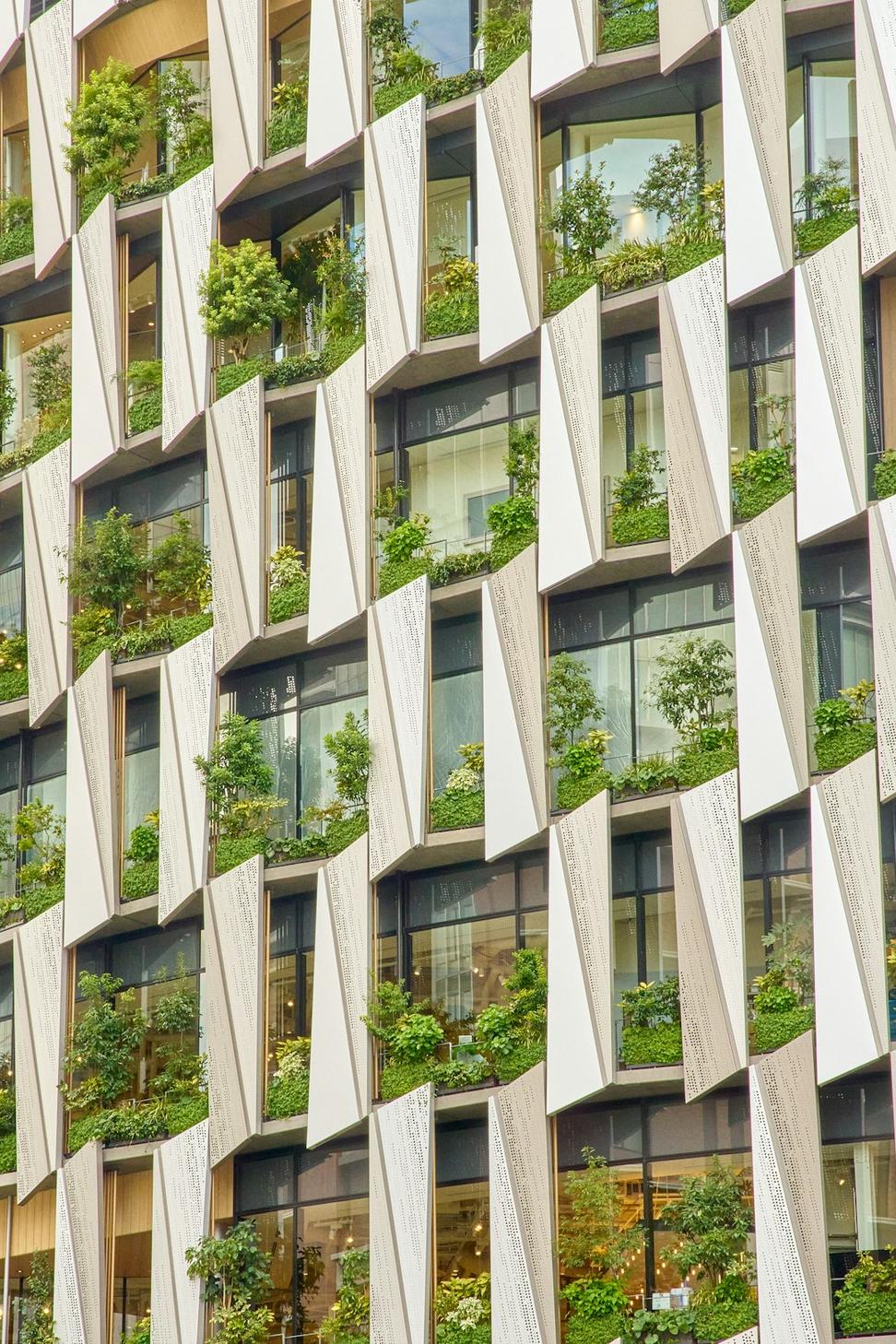
Building Better, Not Just Bigger
Real talk about how we're designing spaces that actually give a damn about tomorrow
Here's the thing: I've been in this game for over fifteen years, and I've watched "green architecture" go from a niche thing to everyone slapping solar panels on roofs and calling it sustainable. That's not really how it works.
When we talk about sustainability at Onyx of Valorix, we mean looking at the whole picture – from where materials come from, to how a building breathes (literally), to what happens when someone decides to tear it down in fifty years. It's not always sexy, and yeah, sometimes it costs more upfront. But the buildings we've done? They're cutting energy bills by 40-60% and people actually want to spend time in them.
We've screwed up, learned some hard lessons, and figured out what actually makes a difference versus what's just greenwashing. Let me show you what we've learned.
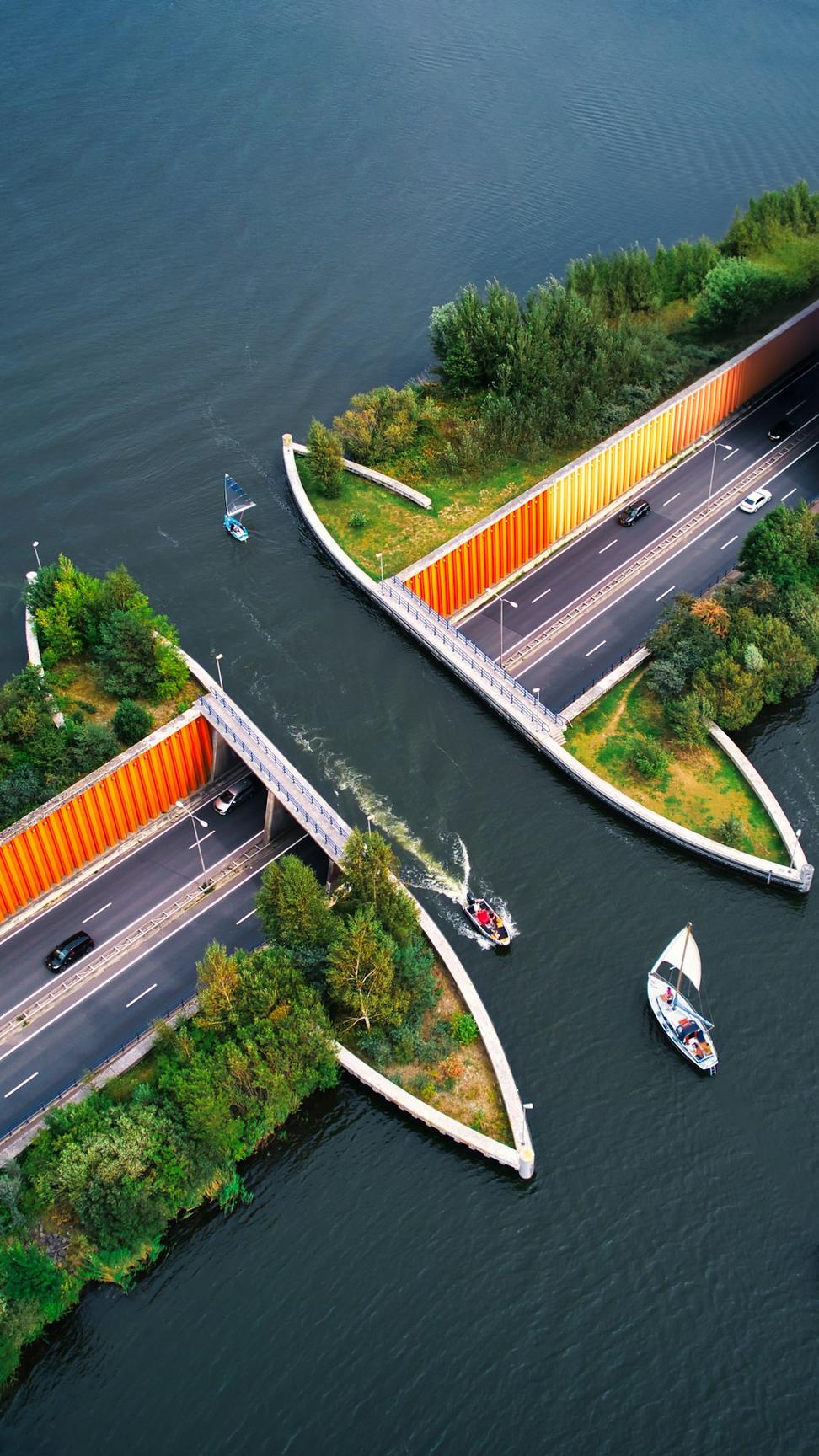
across our last 12 commercial projects compared to baseline code requirements
including 7 Gold and 3 Platinum certifications since 2018
that's roughly equivalent to taking 450 cars off the road every year
from landfills through recycling and reuse programs on active sites
Not just checking boxes – these are frameworks that push us to do better work
Yeah, it's become kind of the standard, but there's a reason for that. The energy modeling alone forces you to really think through every decision. We've gotten pretty good at navigating the paperwork nightmare.
This one's all about people's health – air quality, lighting, acoustics. Had a client initially balk at the cost, but after six months they reported way less sick days. Turns out healthy buildings are good for business.
This is the hardcore stuff. Super-insulated, airtight, with heat recovery ventilation. We've done three of these now, and honestly? The heating bills are almost comically low. But you gotta get the details right.
More common in Canada, and it's great for existing buildings. We use this a lot for renovation projects where we're not starting from scratch but still wanna make a real difference.
This is where things are heading. Building so efficiently that renewable energy can cover everything. We've got two projects gunning for this right now. It's ambitious but totally doable with current tech.
We spend way more time than clients expect just watching the site. Where does the sun hit in winter? Summer? What's the prevailing wind? Are there existing trees worth keeping? I've seen too many projects mess this up and regret it later.
One residential project in West Van, we repositioned the whole building 15 feet north based on microclimate data. Client thought we were nuts until they realized their south-facing windows were getting perfect winter sun without overheating in summer.
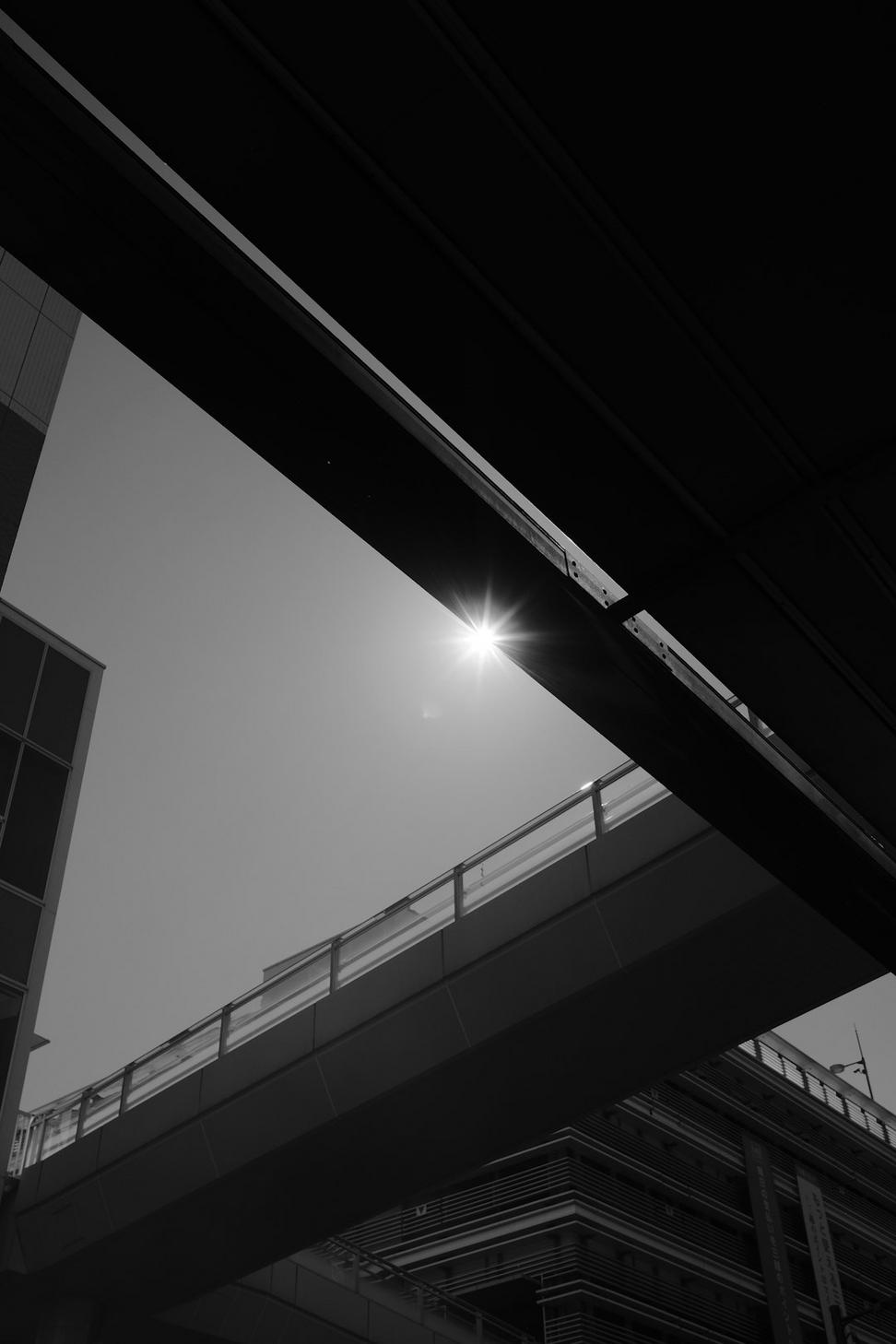
Everybody wants reclaimed wood and thinks they're done. But where'd it come from? How was it treated? What's the embodied carbon in getting it here? We maintain this crazy database of suppliers and lifecycle assessments.
Local's usually better – BC's got amazing timber, and using it supports regional forestry. But sometimes shipping in high-performance windows from Europe makes more sense long-term. You gotta do the math on each project.
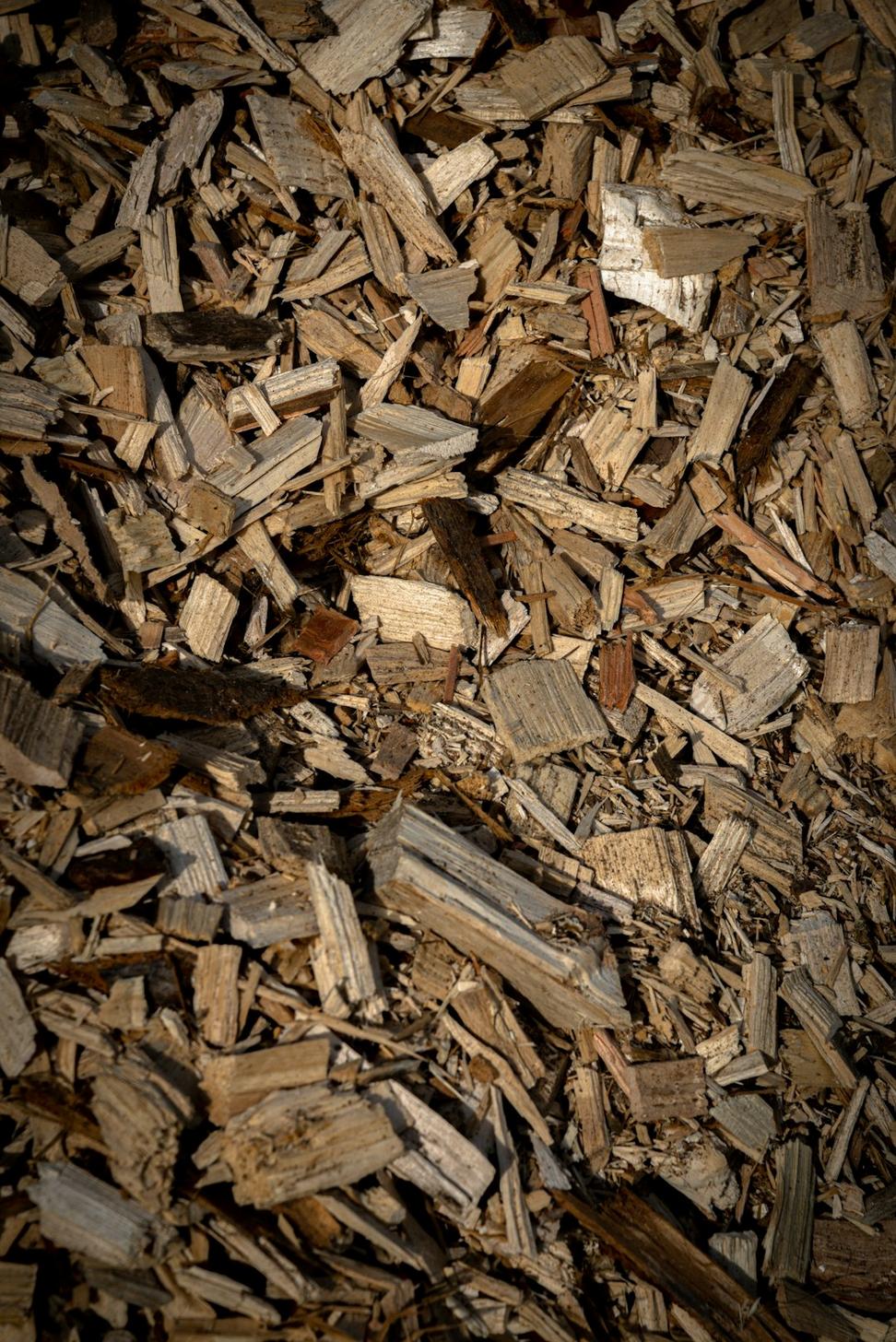
This is where your design meets physics. We run simulations on every project now – it shows you exactly where you're losing energy and what fixes actually move the needle versus what just feels good.
Had a commercial client dead-set on a certain skylight design. Model showed it'd cost them $8,000/year in extra cooling. We tweaked the glazing specs and orientation, kept the look they wanted, cut that cost by 75%. Data doesn't lie.
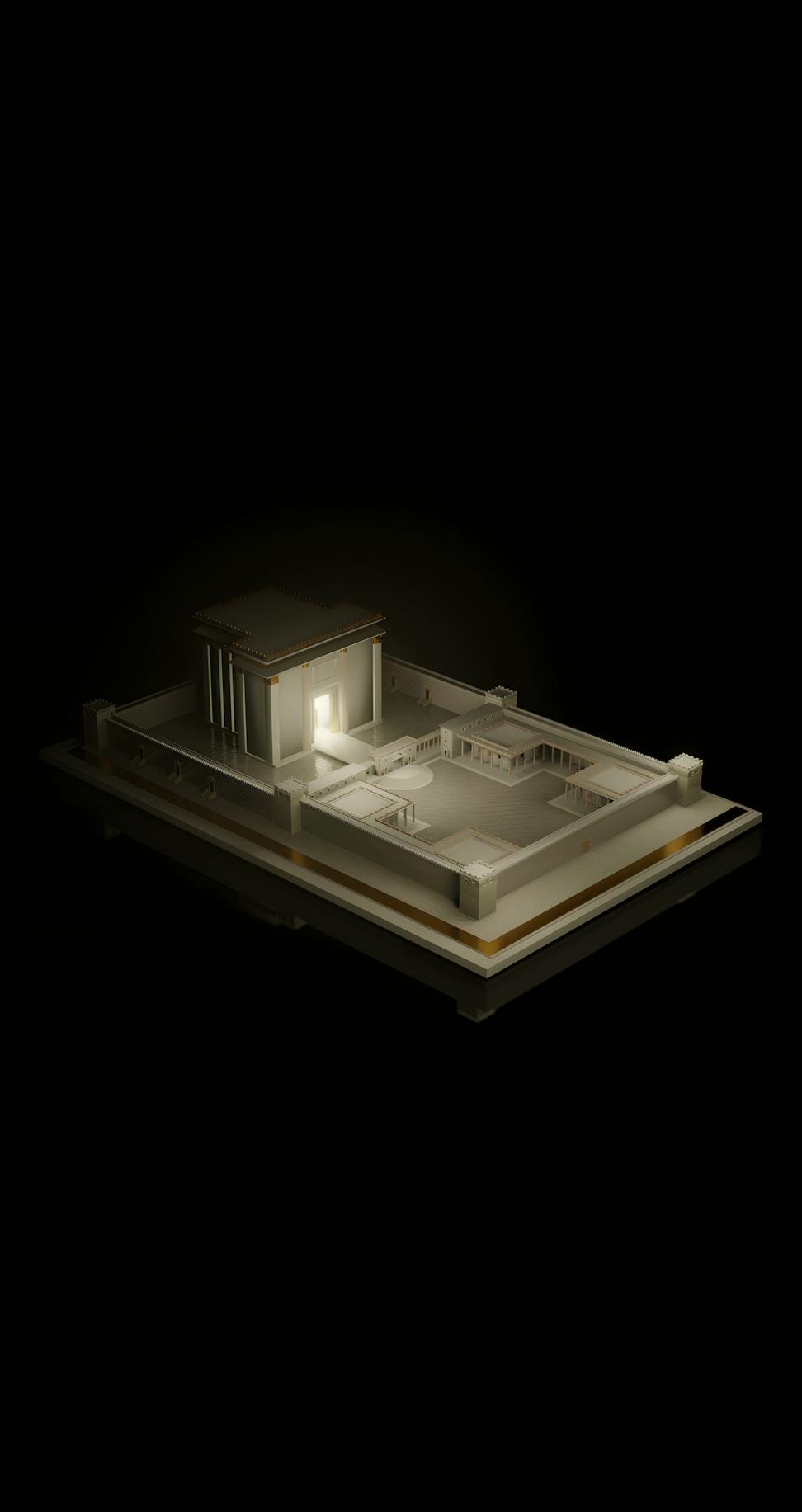
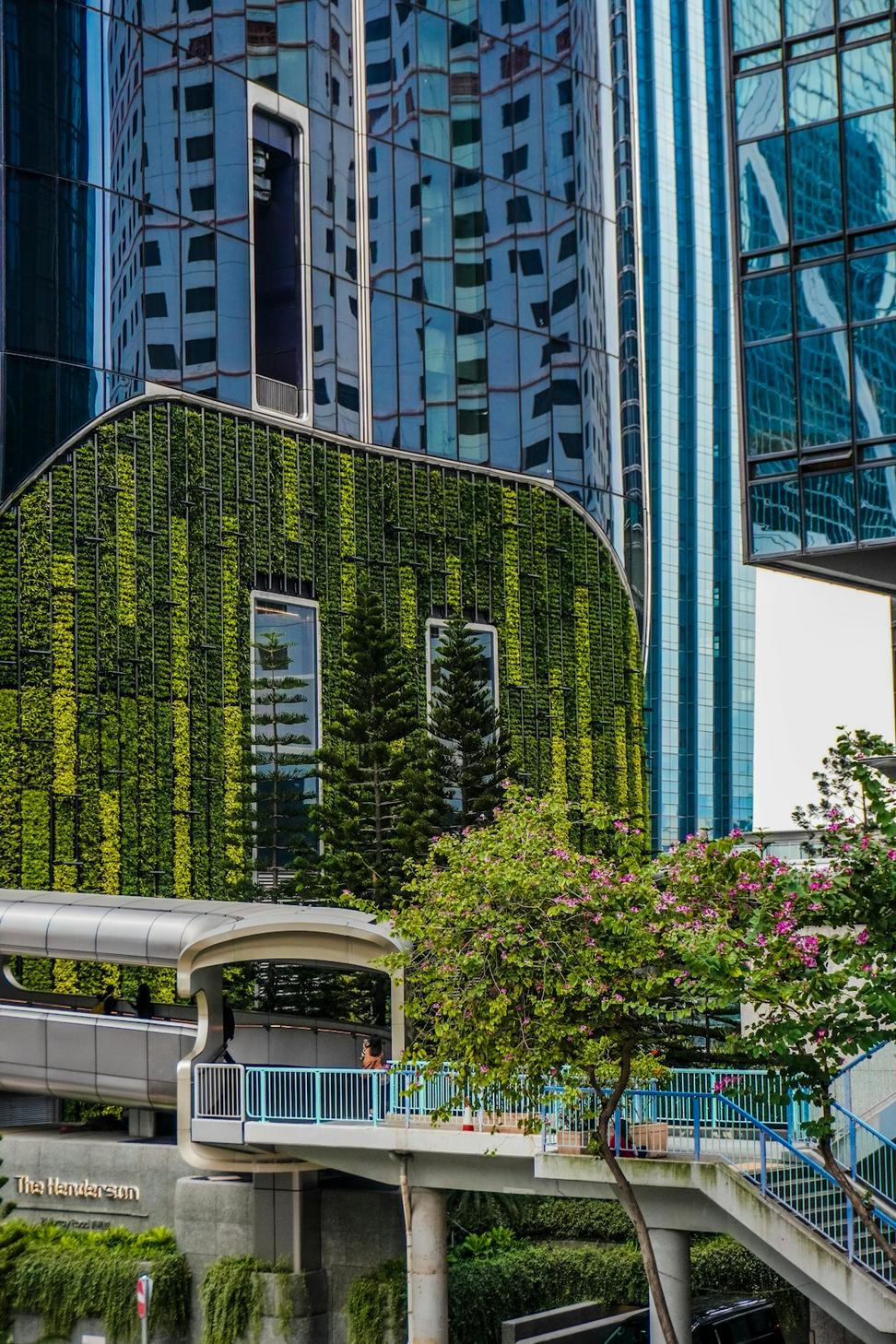
Honestly, we're only scratching the surface. Climate's changing faster than building codes can keep up, and there's so much we're still figuring out.
Working with some researchers at UBC on using mass timber not just for structure but as actual carbon storage. If we can scale this, buildings could become carbon sinks instead of sources.
The greenest building is the one that's already built, right? We're getting into more heritage and conversion work – turning old warehouses and offices into something new instead of demolishing them.
With wildfire smoke, heat domes, and atmospheric rivers becoming regular occurrences around here, we're designing for resilience. Buildings need to keep people safe and comfortable when infrastructure fails.
Designing for disassembly from day one. Can we build so that in 50 years, materials can be easily recovered and reused? It's a totally different way of thinking about connections and assemblies.
Whether you're going for certification or just want to build something that makes sense long-term,
we'd love to walk through what's actually possible for your site and budget.